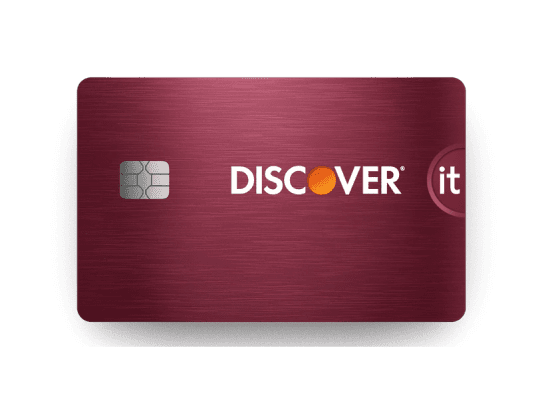Collections accounts stay on your credit report for seven years after your original debt is charged off and sent to collections. If you repay your debt after it goes to collections, the paid collection account will also stay on your report for seven years.
A collection account can have a significant negative effect on your credit history, and may make it more difficult to get a new credit account, like a credit card or personal loan, in the future.
It’s best to avoid having your debts go to collections in the first place. If you can’t make your minimum payments, get in touch with your credit card issuer or find a credit counselor. If you pay off your debt, you may be able to get in touch with your original creditor to explain why your payment was late and ask them to remove the collections from your credit report.
If a credit reporting agency put a collections account on your credit report in error, you can have it removed. Contact the reporting agency to file a dispute. If a collections account has been on your report for more than seven years, you can also file a dispute to have it removed.







